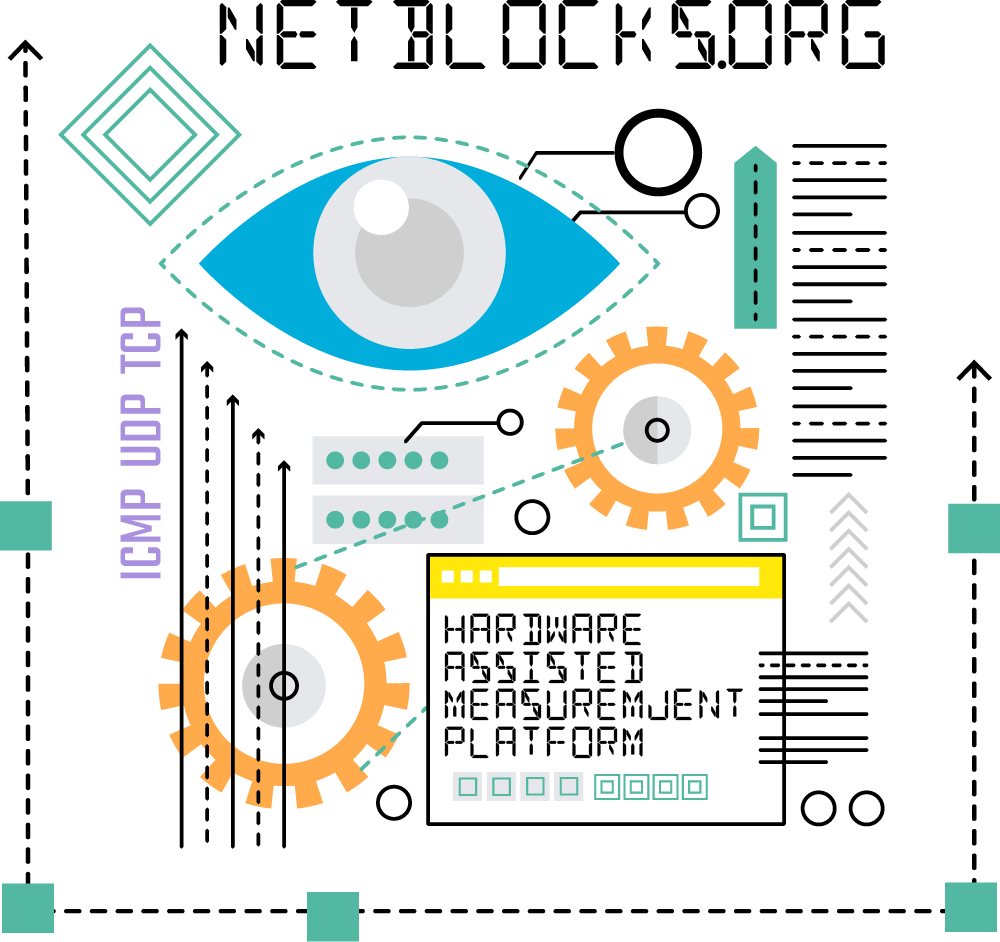whois-rdap is a fast, concurrent RDAP client library for the next-generation IP WHOIS lookup
system supporting database-backed caching and distributed operation.
It has been deployed in production to deliver insights on network ownership, digital rights and the state of internet governance around the world.
whois-rdap is a caching WHOIS client library that looks up IPv4 and IPv6 addresses and finds registry records at ARIN, RIPE etc. Only the next-generation RDAP (Registration Data Access Protocol) Query Format specified by RFC7482 and RFC7483 response format are supported, allowing for structured retrieval and processing of registrar records. All addresses are mapped to the IPv6 address space for consistency.
This package is maintained as part of the the NetBlocks.org network observation framework.
- IPv4 and IPv6 support
- Database-backed NoSQL storage supporting schema-free queries
- Client implementation of RFC7482 REST protocol
- Vendor-agnostic support for RFC7483 JSON data format and extensions
- Legacy-free with no support for classic whois queries
- Supports IP to ASN and ASN origin queries
- node.js library API for embedded use in servers-side JavaScript applications
- CLI for ipwhois with optional pretty ANSI-colored console output
- Workaround mode for RDAP server quirks
A basic command-line utility is included that can be used for testing or to seed and exist a deployed cache instance.
$ npm install -g whois-rdapAfter installing globally the utility should be available on your PATH:
$ whois-rdap -h
Usage: whois-rdap [options] [ip ...]
Commands:
whois-rdap RDAP IP WHOIS client
Options:
--version Show version number [boolean]
-f, --force avoid cache and force update [boolean]
-v, --verbose enable verbose debug output [boolean]
-p, --pretty pretty-print RDAP output [boolean]
-h, --help Show help [boolean]
Examples:
whois-rdap 8.8.8.8 query the specified IPv4/IPv6 address
The NetBlocks Project <https://netblocks.org>
$ npm install whois-rdapwhois-rdap exposes a Promise-based asynchronous programming interface.
A data store instance can optionally be supplied to enable persistence and caching of results.
const whois = require('whois-rdap');
whois.check('2001:67c:4e8:fa60:3:0:811:134');
{
"handle": "2001:67c:4e8::/48",
"startAddress": "2001:67c:4e8::/128",
"endAddress": "2001:67c:4e8:ffff:ffff:ffff:ffff:ffff/128",
"ipVersion": "v6",
"name": "Telegram_Messenger_Network",
"type": "ASSIGNED PI",
"country": "NL",
"parentHandle": "EU-ZZ-2001-678",
"entities": [
...Tests and sources are currently the best place to look for usage examples.
This library provides caching and deduplication and is used in production. The bootstrap mechanism has not yet been implemented.



